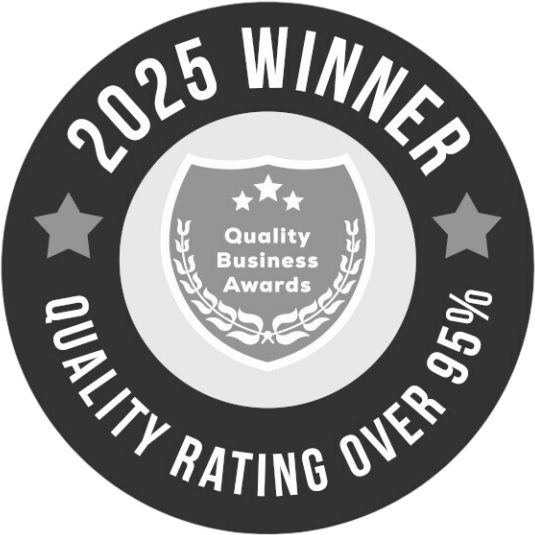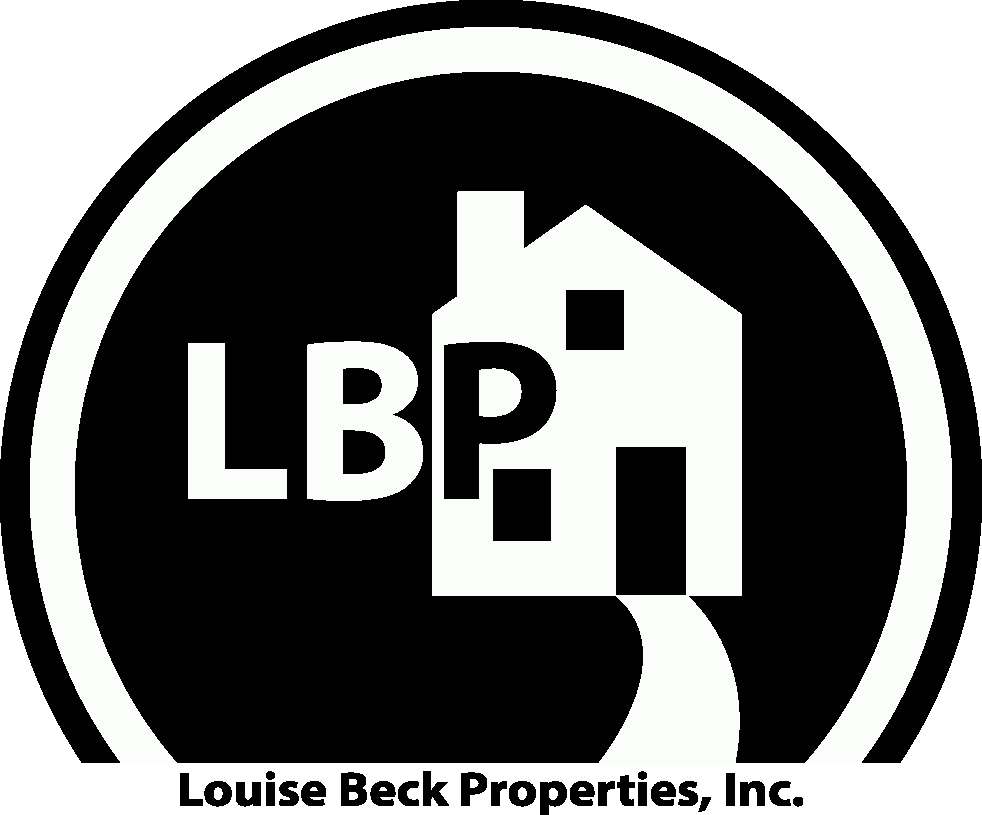Key Takeaways
- Landlords should review lease agreements and insurance policies annually to ensure compliance with North Carolina laws and adequate coverage. This helps avoid legal issues and ensure policies reflect current property values and risks.
- Conducting yearly property inspections, testing safety devices, and scheduling preventive maintenance protect both residents and the property’s long-term value. These actions prevent costly repairs and demonstrate responsible management.
- Reviewing market rent, evaluation service providers, and keeping property records updated each year help landlords stay competitive and efficient. This proactive approach supports profitability, tenant satisfaction, and smooth operations.
Have you ever wondered if your rental properties are running as efficiently as they could be? Many landlords stay focused on collecting rent and handling maintenance calls but overlook key annual responsibilities that can directly affect long-term profitability.
From reviewing insurance policies to re-evaluating lease terms, there are several things every property owner should do yearly to stay ahead. At Louise Beck Properties, we’ve seen how staying proactive protects investments, strengthens resident relationships, and keeps properties performing at their best. Let’s explore what landlords should prioritize each year.
Annual Landlord Checklist for a Stronger Investment
Each year brings new opportunities to strengthen your rental business. For North Carolina landlords, staying consistent with key annual tasks keeps properties compliant, residents satisfied, and investments performing at their best.
1. Review and Update Lease Agreements:
Each year, landlords in North Carolina should take time to review their lease agreements to ensure they’re fully compliant with current state laws. Regulations regarding security deposits, notice periods, and lease termination can change, and outdated clauses may cause unnecessary legal issues.
Updating leases also gives you a chance to refine terms that protect your investment. For example, adjusting clauses about maintenance responsibilities or late fees helps ensure both you and your residents clearly understand expectations, leading to smoother communication and fewer disputes throughout the lease term.
2. Inspect Properties Thoroughly:
An annual inspection is one of the smartest ways to protect your rental property’s value. Walk through both the interior and exterior to check for safety hazards, leaks, or signs of wear that might become costly if ignored. North Carolina’s humid climate makes inspecting for mold, water damage, and pest activity especially important.

These inspections also create a great opportunity to connect with residents and show you care about maintaining a safe, comfortable home. A proactive approach helps you catch small problems early while building trust and satisfaction among your residents.
3. Check Insurance Coverage:
It’s easy to forget about insurance once it’s in place, but reviewing it annually ensures you’re adequately covered. As property values and repair costs rise in North Carolina, your policy should evolve to reflect those changes. Confirm that both your property and liability coverage match your current risk level.
You should also assess whether additional coverage, like flood or rental income protection, makes sense for your area. Regular reviews not only help you avoid coverage gaps but also prevent overpaying for outdated policies that no longer suit your property’s needs.
4. Test Safety Devices:
Testing safety devices is more than a compliance task, it’s a key part of protecting lives and property. North Carolina law requires working smoke and carbon monoxide detectors in every rental home. Replacing batteries and checking functionality yearly keeps you on the right side of safety standards.
It’s equally wise to inspect fire extinguishers, lighting, and electrical outlets during this time. Addressing safety checks consistently builds your reputation as a responsible landlord while helping ensure residents feel secure and cared for in their living space.
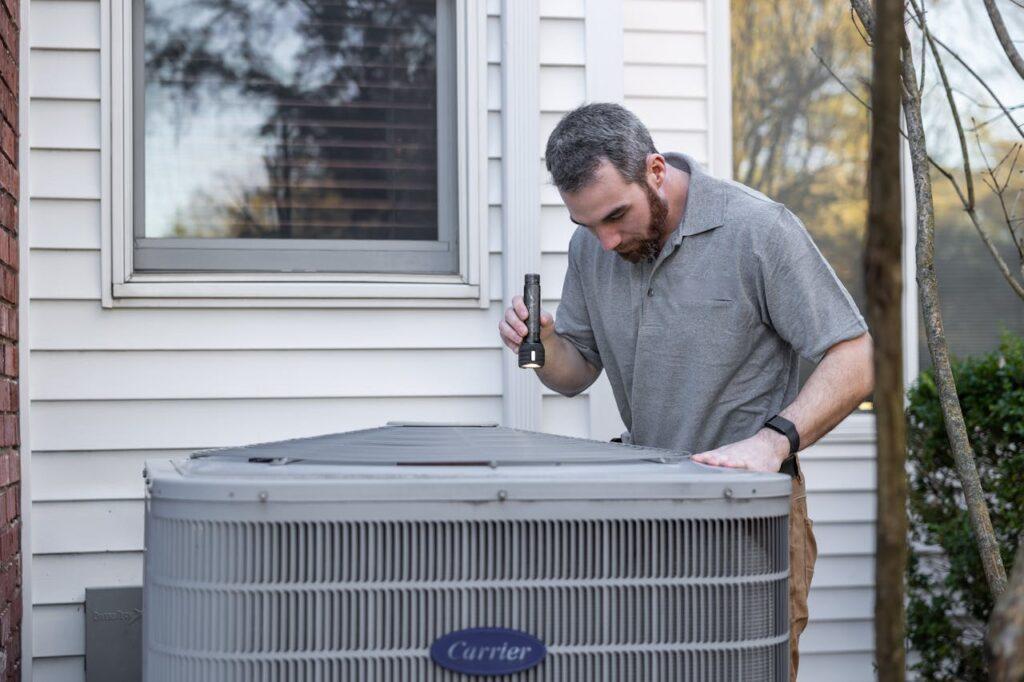
5. Refresh Property Records:
Keeping accurate and organized records is vital for North Carolina landlords. Each year, set aside time to update resident contact details, lease copies, service contracts, and maintenance logs. This practice helps you stay on top of renewals, track repairs, and maintain transparency with residents if any issue arises.
Well-maintained documentation also simplifies tax preparation and supports you in case of disputes. Having clear records readily available shows professionalism and ensures smooth communication with residents, vendors, and accountants throughout the year.
6. Reassess Market Rent:
The North Carolina rental market can shift quickly, and reviewing your rent rates annually keeps your property competitive. Research similar properties in your area to understand what others charge for comparable amenities, size, and location. This ensures your rates remain fair without undervaluing your investment.
Adjusting rent when appropriate helps you maintain profitability while keeping quality residents. A small, well-researched increase is often better received when paired with visible property care and responsive management, proving the value of your rental offers.

7. Evaluate Service Providers:
Your vendors play a huge role in keeping your property running smoothly. Take time each year to evaluate all vendors such as landscapers, cleaners, plumbers, and electricians to confirm they’re reliable, responsive, and delivering consistent quality. North Carolina’s weather variations make dependable service especially important for seasonal maintenance.
If a vendor’s performance or pricing has changed, explore alternatives to ensure you’re getting the best value. Maintaining strong partnerships with trustworthy professionals ensures that your property remains well cared for year-round and residents receive prompt attention when issues arise.
8. Plan Preventive Maintenance:
Preventive maintenance is one of the best investments you can make as a landlord. Schedule annual checks for HVAC systems, roofing, plumbing, and pest control to prevent costly emergencies later. North Carolina’s humid conditions can accelerate wear, making consistent maintenance even more crucial.
A well-planned schedule helps you manage costs more efficiently and extends the life of your property’s major systems. By staying ahead of renovations or repairs, you reduce resident complaints, protect your asset’s value, and avoid the stress of unexpected breakdowns during peak seasons.
Bottom Line: Stay Ahead, Stay Profitable
Owning rental property requires more than collecting rent, it’s about staying proactive all year long. From inspections to insurance updates, each task safeguards your investment’s long-term success. Louise Beck Properties for investors in North Carolina, can guide you through every detail with expert insight and local market knowledge. Their team helps landlords streamline annual responsibilities, maintain compliance, and enhance property performance. Reach out today to discuss what strategies fit your portfolio best and keep your rentals thriving.

